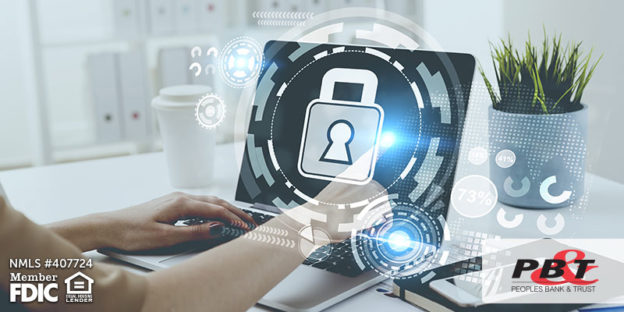The key to fighting cybercrime is knowledge and preparedness. Be sure you and your loved ones are following these top ten safety rules when surfing the web.
1. Don’t get click happy.
If you’ve heard the phrase, “Think before you click,” you won’t underestimate the importance of this safety rule. Our internet lives are saturated with opportunities to click on thousands of links, taking us to thousands of places. The trouble with this is that there are some links that are created with the intent to do harm. So when you open your email or see an opportunity to download a link, think about the legitimacy of the source before doing so.
2. Let’s get updates.
Making sure your devices have all of the suggested updates is pivotal to hacking prevention. Most updates involve some sort of patching that fixes potential weaknesses in your system’s cyber defense. Saving updates for later can end up costing you more time and worry.
3. Keep your personal information on the down low.
It’s common for many to overshare information on the internet, especially social media. But be aware that the information particularly valuable to cybercriminals are facts like your birth date, address and full name.
4. Public Wi-Fi is a risk.
As much as we enjoy an afternoon at a coffee shop utilizing free Wi-Fi, it is a fairly hackable way for criminals to creep into your device. You would be better off investing in a VPN to take with you instead. Here’s what you should know about buying your first VPN.
5. Know the meaning of TMI.
Too much information or TMI is not your friend when it comes to internet safety. Especially for children, it’s important to never post when you will be gone from your home on vacation or if you are home alone.
6. Stay informed on the latest scams.
Stay ahead of the cybercrime game by educating yourself on the potential risks and current threats to cybersecurity. A great resource is our blog and the FBI’s official cyber safety website.
7. Keep your password game strong and fresh.
The first line of defense you have is your password. As frustrating as it may seem to come up with a unique password with characters, numbers and capitalized letters, it can be the determining factor as to whether a criminal will get access or not. Keep it unique, memorable to you and change all of your passwords twice a year.
8. Be overly cautious with your money.
Scammers are seeking one main thing and that is to steal your money. Don’t give them an opportunity to do so and if anyone seeks you out to retrieve money, say no. They try to get any of your financial account information through text, emails or links.
9. Don’t open an email from an unknown source.
Because of rule #8, you want to be sure that you are not opening emails from sources you don’t know. One of the reasons for this is that they could have a harmful link that takes over your computer. Always be suspicious of unknown sources and be sure your email has a spam filter.
10. Exercise caution and judgement at all times.
You have to take responsibility when it comes to your online safety. Reading this blog is a great start! Whenever you are online, think critically about what you post and how you interact with all online information.
Stay safe online with these great tips! Then, sign up for our Online and Mobile Banking services to keep your funds secure.
Peoples Bank & Trust Co.
Member FDIC
Equal Housing Lender


